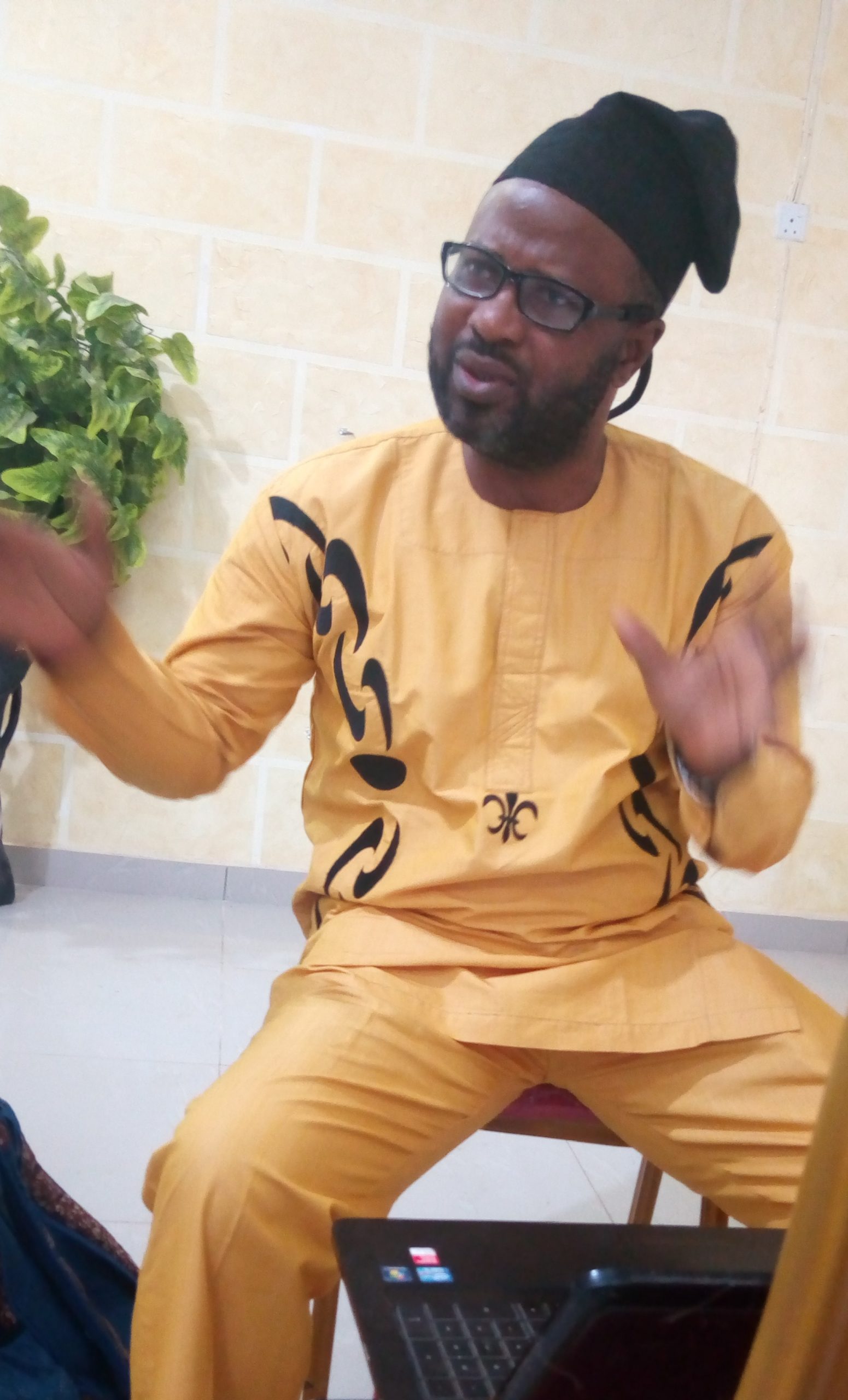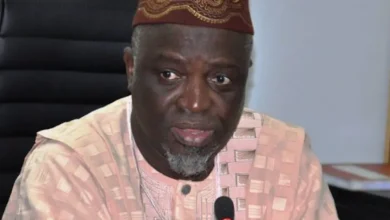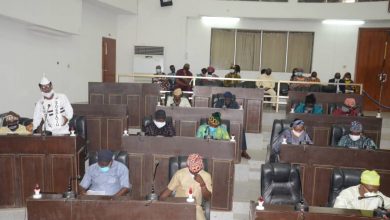
For the record: International Women’s Day Celebration Year 2020. Theme; i am generation equality, Realizing Women’s Rights for Equal Future
By Dr. Abayomi Erinoso Department of Community Medicine and Primary Care, Federal Medical Center, Abeokuta. Speech delivered at Pius De Pious Event Centre, Lukosi, Abeokuta at the instance of Gender Development Initiative (Gendi) March 15, 2020
FOREWORD
International Women’s Day is here, a day to celebrate the social, economic, political and cultural achievements of women. Celebrating equality across all genders, and a call to action for gender parity. Generation Equality is the United Nation Women’s new multigenerational campaign to commemorate the 25th anniversary of the Beijing Declaration (1995) and Platform for Action. Twenty-five years ago, the world came together to envision what that might look like and the steps we would need to take as a global community to achieve gender equality. During the Fourth World Conference on Women in Beijing, China in 1995, 17,000 participants and 30,000 activists came to the city with the intention of creating lasting change.
As a result, the Beijing Declaration and Platform for Action was created and is still to this day considered to be the most progressive blueprint ever for advancing women’s rights. In essence, the Platform for Action aims to create a world where each woman and girl has the freedom to realize all of her rights from living a life free from violence, to pursuing an education, to have a seat at the table in important decisions, and earning equal pay for equal work.
Not only is 2020 the 25th anniversary of the Beijing Declaration and Platform for Action, it is a pivotal year for other major milestones in fighting for equality. It is the 20th anniversary of the UN Security Council resolution 1325 on women, peace, and security. It states that women play an essential role in all efforts for the maintenance and promotion of peace and security around the world.
HISTORY
The first international Women’s day was celebrated back in 1908 when a group of 15,000 women marched on the streets of New York, demanding their rights. Since then every year on 8th March, the world joins hands together to support, raise, inspire and motivate women across all fields of work. The purpose of this day is to focus on various themes such as innovation, the portrayal of women in the media, or the importance of education and career opportunities. March 8th is a holiday in many countries, while others celebrate it by holding street marches, debates, discussions and through a variety of other programmes.
The governments of China and Madagascar have declared this day a work free day for women alone while in Burkina-Faso, Guinea Bissau and Afghanistan!! It is a public holiday for everyone. GENDI should be in the forefront to actualize struggle that the government of Nigeria also recognizes every March 8 as a public holiday in Nigeria.
SIGNIFICANCE
The significance of this day is better presented if we talk about the many harmful/violent traditional, negative social and economic inequalities against women that have been perpetrated by the male dominated world. One in three women and girls worldwide experience physical or sexual violence in their lifetime, most frequently by an intimate partner. However, in in Fiji for example, according to the UN, that figure rises to two in three, or 64.1 percent, the second highest rate in the world.(UNDP)
HARMFUL/VIOLENT PRACTICES AGAINST WOMEN
Female genital mutilation, Forced/early marriage/abduction/rape, Virginity test/breast ironing or flattening Honour deaths/ dowry death, Corrective rape/ hate crimes, Bride burning/acid throwing/eve teasing
Domestic violence/gender based violence/wife beating, Male child preference/ female (foetal) infanticide, trafficking for labour or sex workers/exchange, Wife pleasantries/exchange, Sex for grades
Denial of employment opportunities, Differential remuneration, Denial of equal educational opportunities
New inequalities; Climate change, Digital gender divide
CAUSES
Gender inequality, Unequal power relations between men and women (gender gap and power gap),
Rigid gender roles, Norms and hierarchies (14% female& 10% have no gender norm bias globally)
Ascribing lower status to females
WHAT ARE THE WOMEN ASKING FOR?
Freedom from violence and discrimination, Access to sexual and reproductive health and rights, Equal economic rights and opportunities for all, Justice and peace for all, Equal participation in politics and decision making.
WHAT ARE THE GAINS?
World has witnessed remarkable progress despite all the odds in area of improving, increasing and ensuring gender equality. More girls are now in school; increased gender parity in school enrollment by many countries. Maternal mortality has fallen by 38% between 2000 and 2017 .Over three quarters of countries now have legislation to tackle domestic violence
WAY FORWARD; Changes in men’s and women’s knowledge, attitudes and behaviour. It is essential to improve communication between men and women on issues of sexuality and reproductive health. Understanding of joint responsibilities, so that men and women are equal partners in public and private life. Male responsibilities in family life must be included in the education of children from the earliest ages. Special emphasis should be placed on the prevention of violence against women and children” Continuous creation of awareness, dialogue and education among all concerned

Strengthening international collaborations and ensuring sustainable partnerships .Government/ leadership at all levels must rise up to the challenge and create enabling atmosphere for all to thrive and live in equality. Innovative laws, policies and programmes must be ensured. Existing laws must be strengthened and enforced, and justice must be seen to be served.
CONCLUSION
Most women in developing countries are unaware of their basic human rights. It is this state of ignorance which ensures their acceptance-and, consequently, the perpetuation of harmful traditional practices affecting their well-being and that of their children. Even when women acquire a degree of economic and political awareness, they often feel powerless to bring about the change necessary to eliminate gender inequality. Empowering women is vital to any process of change and to the elimination of these harmful traditional practices. After all, evidence has shown that gender equality contributes to economic growth as well as a healthier and better-educated society.
Even though great strides have been achieved in the past twenty five years, yet in this year 2020 no single country has truly achieved total gender equality
With multigenerational movements like this it is hoped that the next 25 years will witness tremendous improvements in the achievements of gender equality and freedom for women and girls all over the world.







